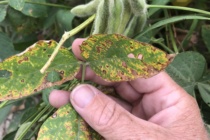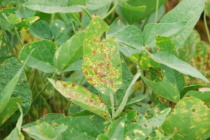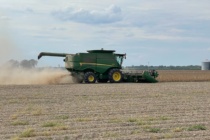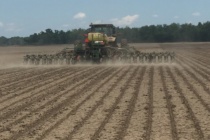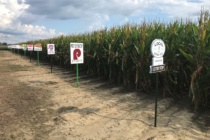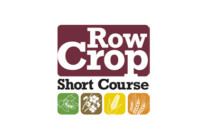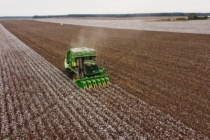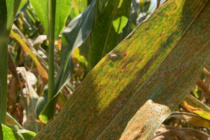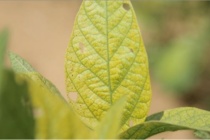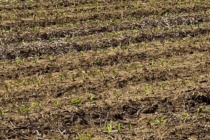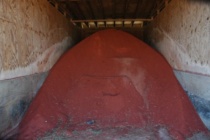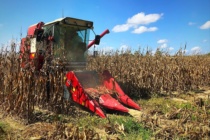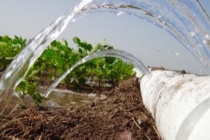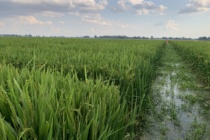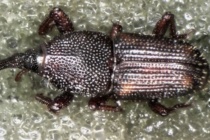2021 Soybean Stem Canker Inoculated Variety Trial Evaluations
The cultivars contained in the Mississippi State University Official Variety Trial (OVT), as well as several additional cultivars, were field-evaluated for their susceptibility/resistance to stem canker. Trials were conducted in Stoneville with toothpick-inoculated plants during the 2021 season. Tables contain the average of the field observations (on a 0-9 scale) as well as an assessment of resistance to stem canker (R, MR, MS, S) based on the evaluations conducted.

